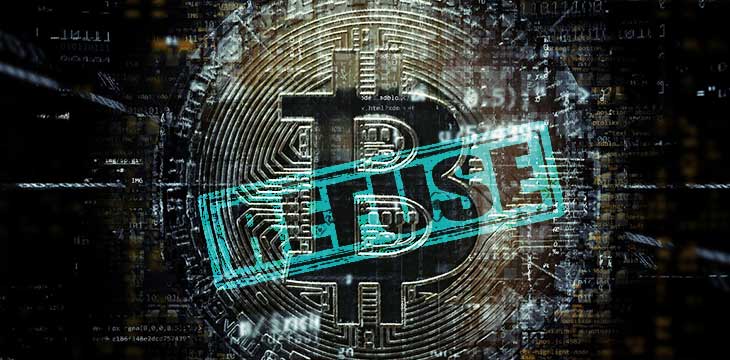|
Getting your Trinity Audio player ready...
|
France is pretty liberal when it comes to digital currencies. It’s one of the very few countries that has openly asserted that it should be viewed as money and has established rules for the Bitcoin industry that it would like to see all of the European Union adopt. It’s a little surprising, then, that a major bank in the country would take a definitive anti-digital currency stance. More surprising is the fact that the stance seems to target only one exchange.
According to an exclusive report by Cointelegraph, BNP Paribas, one of the largest financial institutions in France, is preventing its customers from transferring funds to the Coinbase digital currency exchange. It appears the issues only began this week, since transfers were allowed last week, and reportedly only involve the U.S.-based exchange. Transfers sent to the European branch of Binance are still allowed through.
BNP’s decision was sudden and unannounced. A source was able to share audio recordings with Cointelegraph, acknowledging that the Coinbase ban was being enforced because it is, according to the bank, an “illegal operation.” No additional information regarding why only Coinbase is involved, but the bank explained that it has to do with malware, scams and Monero. It didn’t elaborate on how Monero played a role in the decision, but the digital currency’s anonymous features could be at the heart of the issue.
It isn’t clear if BNP will allow customers to withdraw their funds, or if the ban is only being enforced on new transactions going to the exchange. It seems like a poor operational decision not to inform clients of a major change like this, or to at least publish a notice on active social media channels.
BNP isn’t the first bank to decry digital currencies. J.P. Morgan Chase and Bank of America are just two of the many financial institutions that are against the fiat alternative, and they all implemented policies that prevented their customers from using bank-issued credit cards to purchase digital assets. Bulgaria implemented a ban on access to digital currency exchanges in 2017 at the height of the BTC bull run.
Not much else is known about the ban – how long it might be in place, why Coinbase might be considered an “illegal operation,” etc. The arguments provided don’t hold up a legitimate justification for a block of just the Coinbase exchange, since all exchanges carry the same risks. Some might even argue that the Binance exchange has bigger issues to worry about.

 02-28-2026
02-28-2026 




